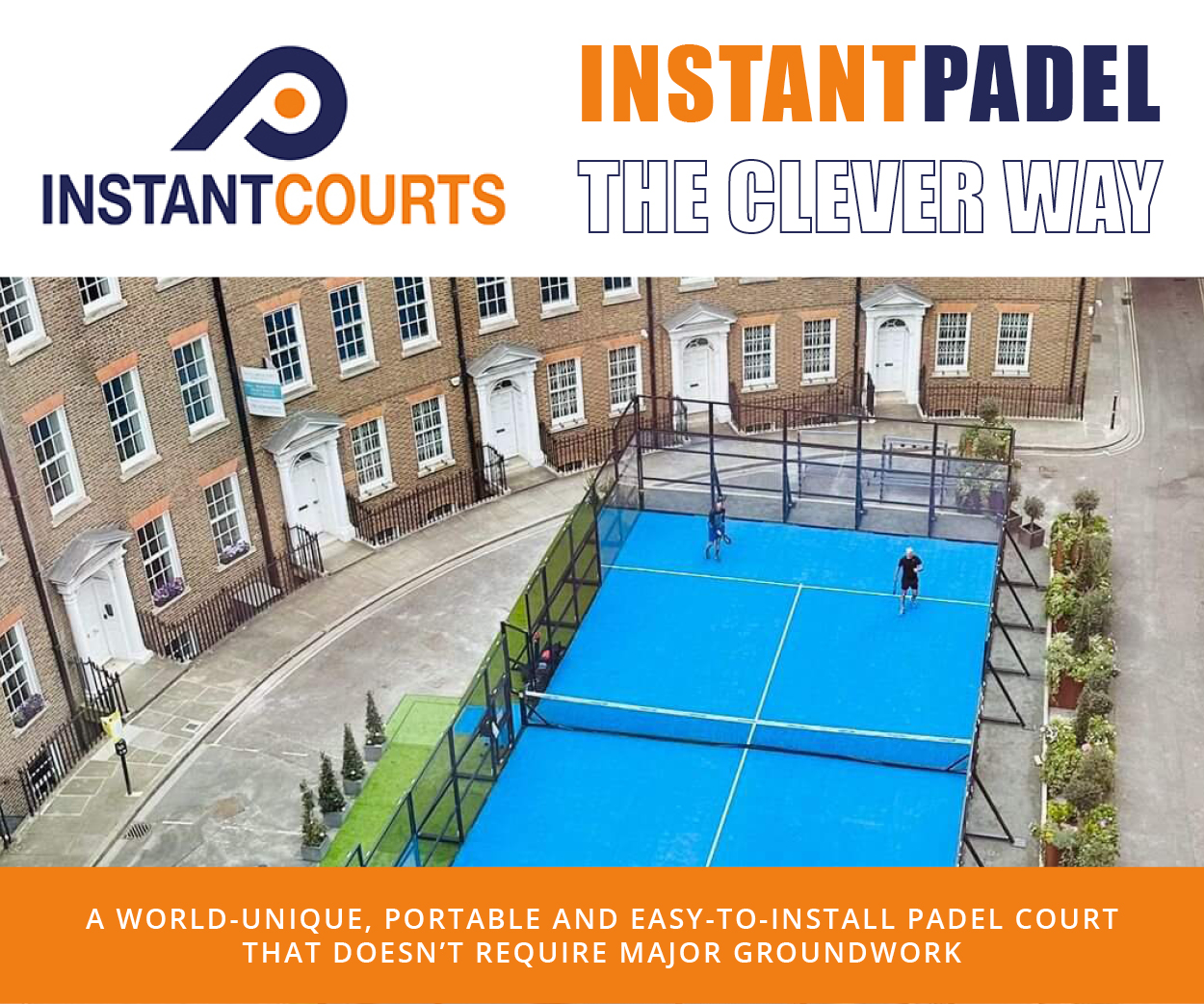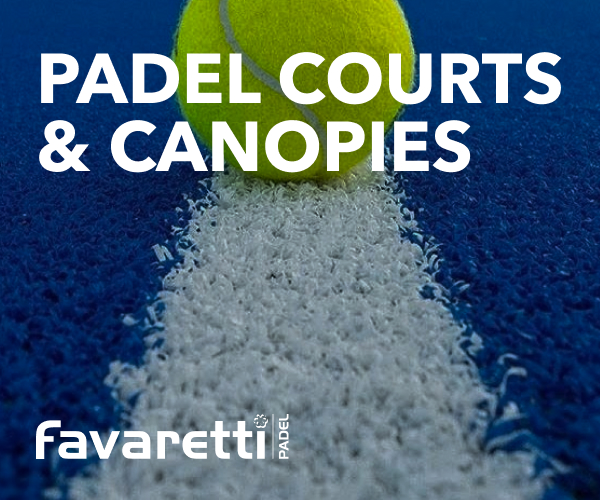Matt Stanforth’s role as the LTA’s Head of Padel Performance did not start well. Just days after being told he’d got the job, he played his third ever game of padel at Surge in his hometown of Harrogate – and snapped his Achilles.
“As anyone who has ever done that to themselves will tell you, it’s agony,” Stanforth tells The Padel Paper. “Afterwards, as I was waiting with the club coach, he asked me what I do for a living. When I told him I’d just been appointed Head of Padel Performance, he couldn’t believe it!”
Stanforth had to spend his first few months in the role hobbling around on crutches as he visited padel facilities at home and abroad and familiarised himself with GB’s top players and coaching team.
His first nine months has been spent optimising performance conditions for GB’s players: setting up training bases in Alicante (for the men) and Barcelona (for the women), sorting funding for players and coaches, accompanying players at tournaments and shaping bespoke support packages around each athlete.
A lot of this background work was with one specific target in mind – the European Championships in October. But, after months of uncertainty, the event was postponed. There had also been initial talk of entering June’s European Games in Poland (in which padel was making its debut), but the British Olympic Association made it clear they would only be sending teams from sports on the Paris 2024 roster.
“In terms of Team GB, it’s been a really frustrating year,” Stanforth admitted. “Before the European Championships, we were trying to get players in a good place and ready for a major championship even though we didn’t know whether it was going ahead.
“We actually selected a team and focused on making sure they were as focused and prepared as they could be on their training. It was my job to absorb all that stress outside of it and remind the players to control the controllables. It was incredibly frustrating, but the players dealt with it well. Respect to them and the coaches for being able to do that.”

Stanforth spent 14 years at Table Tennis England where his final role was Head of England Performance. He led the national team at the 2022 Commonwealth Games in Birmingham. His wife, Ana Silva, is nine-time Portugal table tennis champion.
“Yes, my experience is in table tennis, but I bring a lot of performance experience to this role,” he stated. “I worked with players at all different ages and stages. I’ve had the pleasure of working with people who’d never picked up a table tennis bat before, right up to players at Olympic level.
“So far, I’ve loved every minute of being in padel. It’s been really, really exciting. In other sports, because there’s an established structure, people are often very fixed in terms of how they think things need to be done. The fresh thing in padel is everyone is quite open to different ways of doing things.
“From a technical point of view, I don’t know very much yet. I’m learning as I go along. But my job isn’t to teach the sport, my job is to facilitate what we need in order to achieve maximum performance. There’s lot of performance principles that are the same whatever your sport. The coaches bring the technical and tactical expertise, but I might ask the stupid question that makes everyone see something differently.”
The LTA’s national coaching set-up consists of Libby Fletcher and Alvaro Fernandez Guerrero on the women’s side, with John Leach and Jordi Munoz leading the men’s squad. “We all bring different things to the floor – if everyone had the same background, we wouldn’t bounce as many ideas around,” Stanforth says.
There have been criticisms about the perceived slow pace of infrastructure growth and particularly provision for juniors since the LTA assumed control of padel three years ago, but Stanforth is positive about the progress made so far by the governing body.
“There’s a lot of pre-existing infrastructure, experience, resource and knowledge there that you can tap straight into,” he said. “Sure, some things that fit for tennis don’t quite fit for padel, but we can work through it.
“I’m very impatient too – everyone wants things now. But it would have taken time to develop all these aspects, whether padel had been within the LTA or separate. The LTA are fully committed to padel. They wouldn’t have made this investment in my role and others if they weren’t serious about it.”
That commitment extends to funding training camps in Spain and the UK for the men’s and women’s squads every four or five weeks. There are also different levels of funding which match the LTA’s tennis performance pathway – elite, pro scholarship (for the most promising 16-24-year-olds), pro potential, and the men’s and women’s programmes.
Getting the players together has benefits that go beyond the padel court. Stanforth explained: “It’s those informal conversations over dinner when a lot of learning comes out as well. For team cohesion and camaraderie that’s really, really important.”

GB now has five full-time players (Tia Norton, Christian Medina Murphy, Sam Jones, Louie Harris and Aimee Gibson) and several others looking to reduce their hours in their day jobs in order to commit more time to padel training and competitions.
That said, Stanforth is realistic about Team GB’s current position within world padel. Spain, clearly, are light years ahead, but we are also behind the likes of France, Italy, the Netherlands and Belgium. Our respective GB No.1s, Christian and Tia, remain outside the world’s top 100.
“We are definitely playing catch-up,” Stanforth admits. “We are four or fives years off where they are in terms of number of players and courts. We can’t get hung up on that. But we can see padel expanding exponentially and can we learn what others have done well or not so well.
“It’s very easy to fall into the trap of, ‘What do they do in Spain? Let’s copy that.’ But the two countries are totally different. As a team, we’re developing our own performance plan over the next 10 years. There’s a lot of work to be done, but the future is definitely bright.”









































